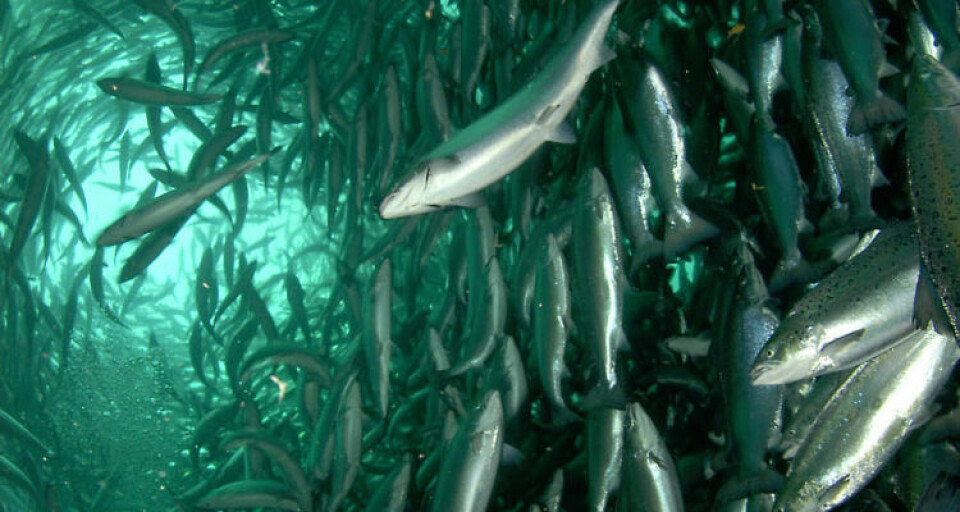
SEPA extends consultation on new fish farm rules
The Scottish Environment Protection Agency (SEPA) has extended its consultation on proposed new rules for salmon farming until the end of this month.
Following a report it commissioned from consultants WRc (formerly Water Research Centre) SEPA announced in late June that it was putting in place an interim regulatory position for new applications that limits residues in sediment of emamectin benzoate - the active ingredient in the in-feed lice treatment Slice - “to the extent that practically useable quantities are unlikely to be able to be authorised, unless effective mitigation measures are put in place to collect fish faeces and ensure the metabolites from the administration of the medicated feed are contained”.
It has also proposed a carrot-and-stick approach to licensing new sites, offering fish farmers the prospect of greater biomass allowances in return for choosing locations further offshore, where stronger currents are likely to mitigate problems with fish faeces and medical residues settling on the sea bed.
Strong and divergent views
A public consultation into the proposals was due to end on August 31, but has been extended another month.
A spokesperson for SEPA said: “The consultation has been extended from 31st August to 30th September as we understand this is a sector that draws strong and divergent views. We want to hear from as many people and interests as possible across Scotland, and we want to give them as much time as possible to share their views.
“When the consultation period closes we will consider the responses received and these will be used to inform the finalisation of our proposals. At present we aren’t able to provide a timeframe for when our proposals will be finalised.”
Waiting approval
A number of applications for fish farms are currently waiting approval under the Controlled Activities Regulations administered by SEPA, but the agency said there was no de facto moratorium on the processing of applications until the new rules had been decided. However, in its interim position outlined on June 26, SEPA said it would allow new applications a maximum of two emamectin benzoate treatments per cycle - a 60 per cent reduction on previous levels.
It also said: "If an applicant wishes, they will be able to agree an extension of the determination period with us, so that any decision on the application is delayed until Scottish Government has made a decision on whether to set a new EQS (Environmental Quality Standard)."
9,000 tonnes
Scotland's biggest fish farmer, Marine Harvest, has four applications for new farms - Rum, South Uist, Sconser and Scalpay - which together would add just short of 9,000 tonnes of biomass. It has a further six CAR applications for alterations to existing licences.
Cooke Aquaculture Scotland wants a CAR licence for a new 2,500 tonne site at Westray, Orkney, and trout farmer Kames is waiting for a licence for a new farm - again with the maximum allowed 2,500 tonne biomass - at Dounie, Sound of Jura. The Scottish Salmon Company wants variations to licences to increase biomass at sites on Loch Fyne, and off Harris and Arran, and Grieg Seafood Scotland is also seeking a biomass increase at its Bight of Foraness site.























































